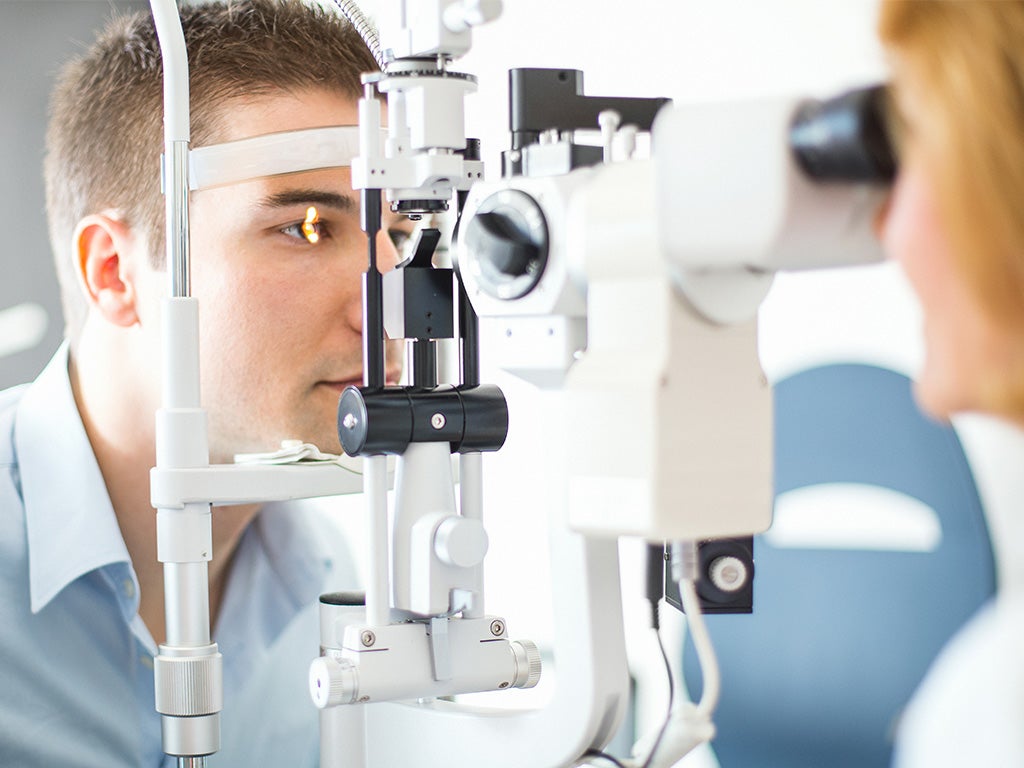
Claims insights: ophthalmologists
This claims insight gives an overview of ophthalmologists’ claims and complaints.
Sunday, 3 March 2024
Overview
Most claims and complaints related to procedural/surgical issues (59%) followed by practitioner behaviour (16%).
More than half of procedural/surgical claims and complaints were associated with cataract surgery, while one in ten involved plastics procedures (e.g. to treat blepharochalasis or ptosis). The most common concern related to surgical performance, skill or competence following an alleged poor outcome from the surgery.
Experts and/or regulators found that ophthalmologists had met the standard of care in nearly two-thirds of the claims and complaints received.
Practice points
- Regularly review your surgical techniques to ensure they are in line with current best practice.
- Consider the content of your consent conversations - consent isn't just about a signed form.
- Engage your patient in a discussion about their situation, needs, priorities and expectations - each patient is different.
- Ensure your patient understands their options, alternatives, potential outcomes and limitations of any procedure.
- Check your patient's understanding by asking them to tell you in their own words what will happen.
- Document your discussions.
Incidence and breakdown by type of matter are based on all matters indemnified by Avant for ophthalmologists from FY2019-23. Underlying themes and assessment of care are based on Avant claims and complaints closed during the period FY2019-23.

*Five-year average
Avant ophthalmologist members were subject to a complaint, claim, employment dispute or another type of matter about the provision of their care, each year.
Types of medico-legal matters

Types of compensation claims and regulatory complaints

Assessment of the care provided
Experts and/or regulators assessed the care provided, with the following results:

(% of complaints/claims where the assessment of the expected standards on the main factor is known.)
Common themes in procedural/surgical issues
| Procedure | Associated condition | Most common issues |
| Phacoemulsification or other extraction/replacement of crystalline lens 55% | Cataract |
|
| Plastic procedures on eyelid, brow 10% | Ptosis, blepharochalasis |
|
| Refractive or other keratoplasty 7% | Myopia, astigmatism |
|
Practitioner behaviour issues
16% of claims and complaints were related to practitioner behaviour. These included allegations of impairment and communication issues (e.g. issues about the content and/or manner of communication).
Glossary
- Matters include claims, complaints, coronial cases and other matters such as employment disputes and Medicare.
- Claims refers to claims for money, compensation and civil claims.
- Complaints relates to formal complaints to regulators.
- Employment disputes are matters where Avant defends members against complaints or supports members to resolve employment issues.
- Medicare matters include Medicare investigations and audits.
Medico-legal advice
If you receive a claim or complaint, contact us (avant.org.au/MLAS) on 1800 128 268 for expert medico-legal advice on how to respond – available 24/7 in emergencies.
For any queries on this analysis, please contact us at research@avant.org.au
IMPORTANT: Avant routinely codes information collected in the course of assisting member doctors in medico-legal matters into a standardised, deidentified dataset. This retrospective analysis was conducted using this dataset. The findings represent the experience of these doctors in the period of time specified, which may not reflect the experience of all doctors in Australia. This publication is not comprehensive and does not constitute legal or medical advice. You should seek legal or other professional advice before relying on any content, and practise proper clinical decision-making with regard to the individual circumstances. Persons implementing any recommendations contained in this publication must exercise their own independent skill or judgement or seek appropriate professional advice relevant to their own particular practice. Compliance with any recommendations will not in any way guarantee discharge of the duty of care owed to patients and others coming into contact with the health professional or practice. Avant is not responsible to you or anyone else for any loss suffered in connection with the use of this information. Information is only current at the date initially published.
More ways we can help you



